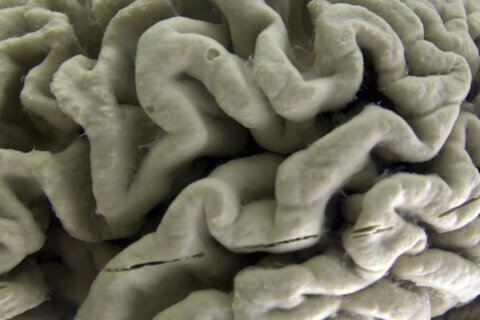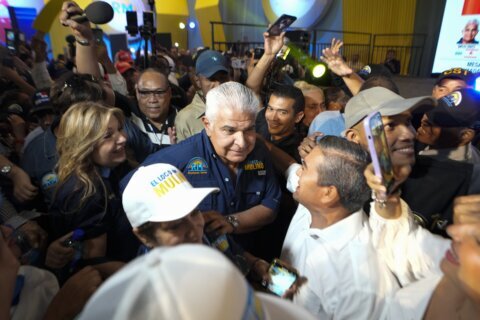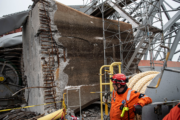Canadians went to the polls on Sept. 20, to vote in the country’s second federal election in as many years. Prime Minister Justin Trudeau called a snap election in August, hoping to win a majority government. But he ended up with another minority. In fact, on the day after the election, the electoral map looked much the same as it did the day before.
Trudeau’s center-left Liberals now have 158 seats in the 338-seat House of Commons. The center-right Conservatives have 119 and the Bloc Quebecois, which seeks sovereignty for predominantly French-speaking Quebec, has 34. The socialist New Democratic Party has 25 seats, while the Green Party has two.
U.S. News & World Report spoke to Gordon Taylor Lee, a former senior political staffer to two federal Liberal cabinet ministers and executive-level member of Canada’s federal public service, to get his assessment of the election and the short campaign that preceded it.
What is the big takeaway from results?
I believe the outcome indicates that the electorate wanted to maintain the status quo. Voters had no desire to reward Trudeau with a majority government. But, ultimately, they gave him the green light to finish what he had started in the previous Parliament — for example, introducing affordable child care and dealing with the pandemic through government initiatives. There wasn’t much public enthusiasm for the election, but Trudeau made a case for why he should be put back into the prime minister’s chair and voters seemed to be onboard with that.
[GLOBAL SURVEY: Canada Seen to Have Top Health Care Systems]
Did you anticipate this outcome?
I thought a Liberal majority was a long shot. The recent provincial election in Nova Scotia didn’t bode well for Trudeau. (Conservatives recently won a majority government in that province and unseated the Liberals, who had been praised for their handling of the pandemic.) I expected the federal Liberals to end up with a reduced minority, losing around 10 seats in parliament. But they won one more than they did in the 2019 election.
I was really surprised that the Conservatives shifted left over the course of the campaign. I thought they would have a breakthrough in vote-rich Ontario, but that didn’t happen. (The Liberals won the popular vote in Canada’s most densely populated province.)
I think (Conservative Party leader) Erin O’Toole may have suffered from lack of brand recognition early in the campaign. Also, the Liberals pandemic-related initiatives may have appealed to Canadians more than what the Conservatives were offering.
It was an ugly campaign in many ways. Voters heckled Trudeau at campaign stops and one, a former riding president for the People’s Party of Canada, pelted him with gravel. The candidates themselves also engaged in some mudslinging.
It was an ugly campaign for sure. I was surprised by some of the mudslinging that took place as the election neared. It seemed like an American-style campaign toward the end. It just goes to show that our elections aren’t immune to that kind behavior, especially during times as challenging as this.
Some Canadians alarmed by the rise of the People’s Party of Canada because of its right-wing populism. The three-year old party didn’t win a seat in Parliament, but it did win 5 percent of the popular vote.
(Party Leader) Maxime Bernier’s message, including his opposition to vaccine passports, resonated with some Canadians. He was clearly channeling a voice in this country. I think he’ll continue to have support and will continue to take right-wing votes away from the Conservatives. Data reflects some serious divisions in this country on many issues, so Bernier’s message has some staying power.
What can we expect in the new Parliament?
I think the major parties share some common ground on big issues such as climate change, child care, reconciliation with Indigenous peoples and our relationship with the United States. For that reason, I think there will be enough cooperation to get legislation passed, at least in the near term. Also, there is zero public appetite for another election at this point, and the parties are keenly aware of that.
I think Trudeau’s biggest challenge will be forging harmonious relationships with his provincial counterparts. The premiers are pressuring the government to foot more of the bill for health care. That issue, along with some others, have caused a lot of tension.
More from U.S. News
Why Canada’s Indigenous Have Vaccine Worries
Countries With the Best Public Health Care Systems
The 25 Best Countries in the World
Trudeau Remains in Office After ‘Ugly American-Style Campaign’ originally appeared on usnews.com







